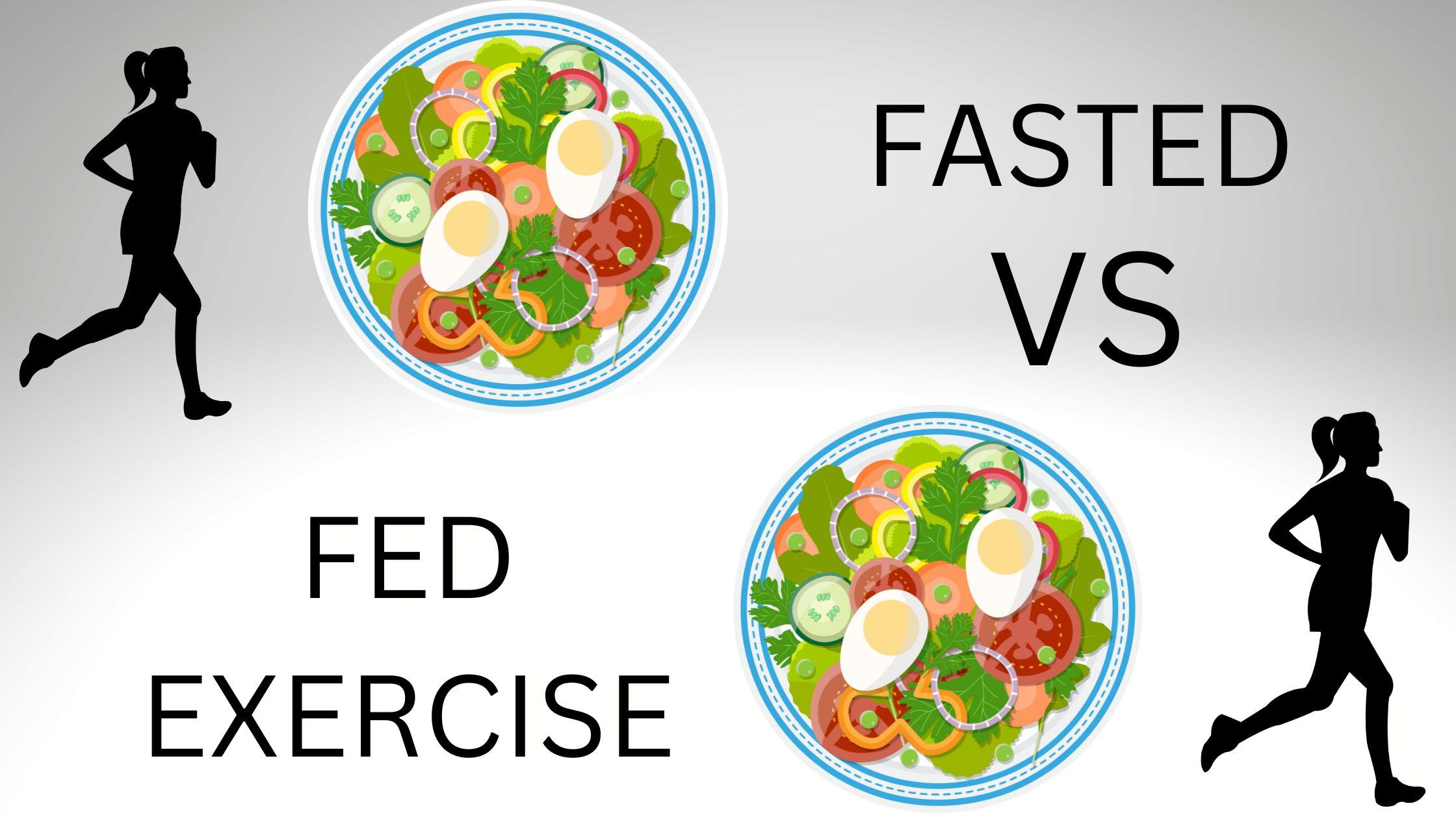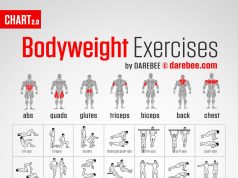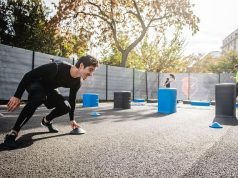In the dim glow of dawn, the world is still, and the air is crisp with potential. It’s the perfect moment to lace up your sneakers and set out for a morning run. But as you prepare to embark on this ritual, a question lingers: should you fuel your body before you move, or let it draw from its own reserves? The debate over exercising on an empty stomach has long stirred conversations among fitness enthusiasts and health experts alike. Some tout the benefits of fasted workouts for fat burning and metabolic health, while others caution against the risks of fatigue and muscle loss. In this exploration, we delve into the science and perspectives that shape this ongoing discussion, aiming to illuminate whether the pre-dawn fast is a friend or foe to your fitness journey.
Morning Motivation: The Science Behind Fasted Workouts
Have you ever considered the potential benefits of exercising before breakfast? This concept, known as fasted workouts, is supported by intriguing scientific findings. When you exercise on an empty stomach, your body is more likely to tap into stored fat for energy, rather than relying on the carbohydrates you consume throughout the day. This can be particularly beneficial for those looking to enhance fat loss and improve metabolic flexibility.
- Increased Fat Oxidation: Studies suggest that fasted exercise can increase the rate of fat oxidation, allowing your body to burn fat more efficiently.
- Improved Insulin Sensitivity: Regular fasted workouts might improve insulin sensitivity, which is crucial for maintaining healthy blood sugar levels.
- Boosted Endurance: Training in a fasted state may enhance your endurance by teaching your body to utilize fat as a primary fuel source.
However, it’s essential to listen to your body and consider how it responds to fasted workouts. Some individuals may experience fatigue or decreased performance without a pre-exercise meal. The key is to find a balance that aligns with your fitness goals and overall well-being.

Balancing Act: Weighing the Benefits and Risks of Exercising Hungry
Exercising on an empty stomach, often referred to as “fasted cardio,” has become a topic of interest among fitness enthusiasts. On one hand, it can potentially enhance fat burning as the body may utilize stored fat for energy in the absence of readily available carbohydrates. This could be particularly appealing for those looking to optimize their fat loss. Additionally, some people report feeling lighter and more energetic when they exercise before eating, finding it easier to focus on their workout without the discomfort of a full stomach.
However, there are risks to consider. Decreased performance is a common concern, as working out without prior nutrition can lead to lower energy levels, potentially reducing the intensity and effectiveness of your exercise. Muscle loss is another possible downside, as the body might break down muscle tissue for fuel if carbohydrates are not available. Moreover, exercising hungry can sometimes result in feelings of dizziness, nausea, or fatigue, which could lead to injury. It’s crucial to listen to your body and weigh these factors carefully, perhaps experimenting with different routines to discover what works best for your individual needs.

Fueling Your Fitness: Nutritional Strategies for Optimal Performance
Exercising on an empty stomach, often referred to as “fasted cardio,” is a practice that sparks diverse opinions among fitness enthusiasts. Some athletes swear by it, claiming it helps to burn more fat, while others caution against the potential downsides. The idea behind this approach is that when you exercise without consuming food, your body may utilize stored fat as a primary energy source. However, it’s important to consider the intensity and duration of your workout, as well as your individual energy needs.
- Pros:
- Potentially increased fat oxidation during low to moderate intensity workouts.
- May suit individuals who prefer exercising early in the morning without a full stomach.
- Cons:
- Risk of reduced performance and stamina during high-intensity exercises.
- Possibility of muscle loss if the body resorts to using muscle protein for energy.
Ultimately, whether or not to exercise on an empty stomach depends on your personal fitness goals and how your body responds. Some find it beneficial for weight management, while others may feel sluggish and underpowered. It’s crucial to listen to your body and adjust your nutritional strategies to ensure you’re fueling your fitness journey effectively.

Listen to Your Body: Personalized Recommendations for Fasted Exercise
Embarking on a workout before breakfast can be a powerful way to tap into your body’s natural rhythms, but it’s crucial to tailor this approach to your individual needs. Personalized recommendations for fasted exercise can help you harness the benefits while avoiding potential pitfalls. Consider these factors to guide your routine:
- Energy Levels: Pay attention to how your body feels during and after a fasted workout. If you’re experiencing fatigue or dizziness, it might be a sign to modify your approach.
- Fitness Goals: Whether you’re aiming for fat loss, endurance, or muscle gain, adjusting your fasting period and workout intensity can optimize results.
- Hydration and Nutrition: Ensure you’re well-hydrated and consider consuming a light, nutrient-rich meal or snack post-exercise to aid recovery and performance.
By tuning into your body’s signals and adjusting your regimen accordingly, you can create a balanced and effective fasted exercise plan that aligns with your personal health and fitness journey.






























